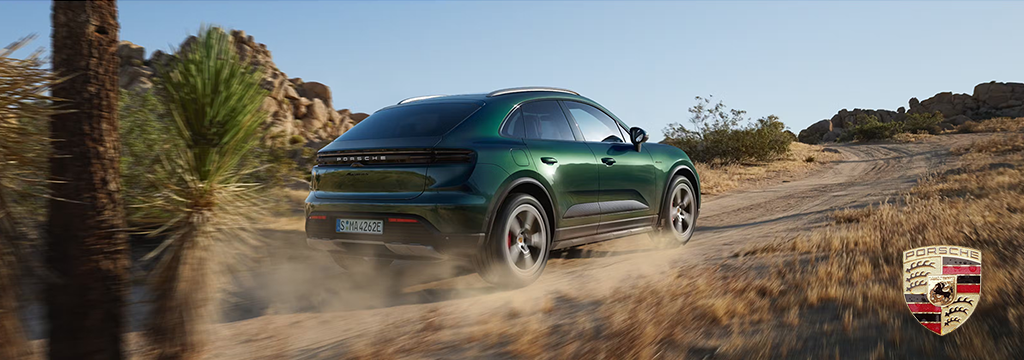
nissan and nasa collaborate to build weak link in everything electric – the battery.
nissan is partnering with nasa on a computational approach to developing all-solid-state batteries that don’t rely on rare or expensive metals, the ap has reported.
to get there, the company said it’s opening a pilot solid-state battery plant in 2024. many of the battery concepts have been demonstrated in laboratories time and again, but making the leap to manufacturing often reveals unexpected problems.
building a pilot plant shows that nissan is confident enough in its current solid-state battery tech. the 2028 target for mass production is similar to competitors like solid power. that suggests the industry is feeling confident in the timeline for when all-solid-state batteries will be ready for automotive use at scale.
the nissan-nasa partnership, which also involves researchers from the university of california, san diego, is likely looking beyond those first cells. while today’s solid-state battery designs change some fundamental parts of lithium-ion batteries mostly by doing away with flammable liquid electrolytes—they largely leave others in place, including the use of rare or expensive metals like cobalt and nickel. by eliminating such metals, future batteries would not only be cheaper but also have potentially cleaner and more ethical supply chains. cobalt mining, for example, is rife with human rights abuses and environmental hazards.
according to the associated press, the partners said they’ll be creating an “original material informatics platform” consisting of a large database of materials that can be mixed and matched to determine their potential properties.
the all-solid-state battery is stable enough to be used in pacemakers. when finished it will be about half the size of the current battery and fully charge in 15 minutes instead of a few hours.


